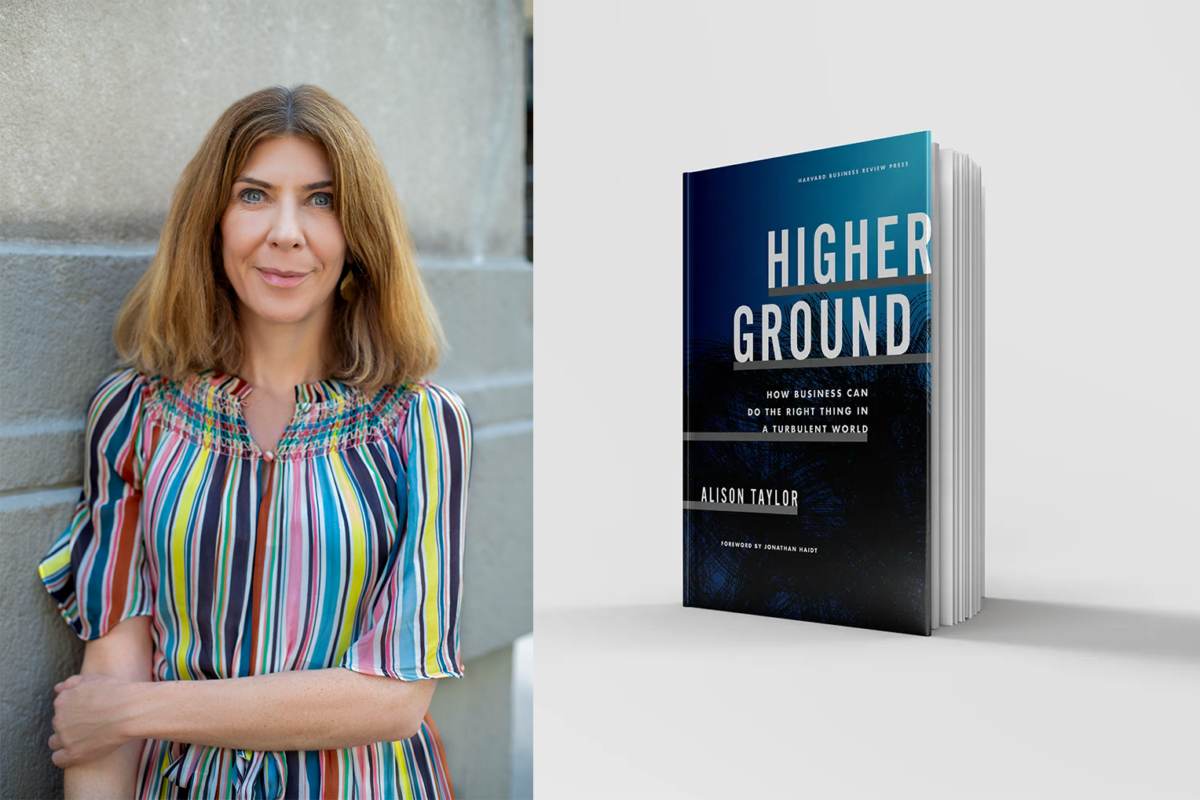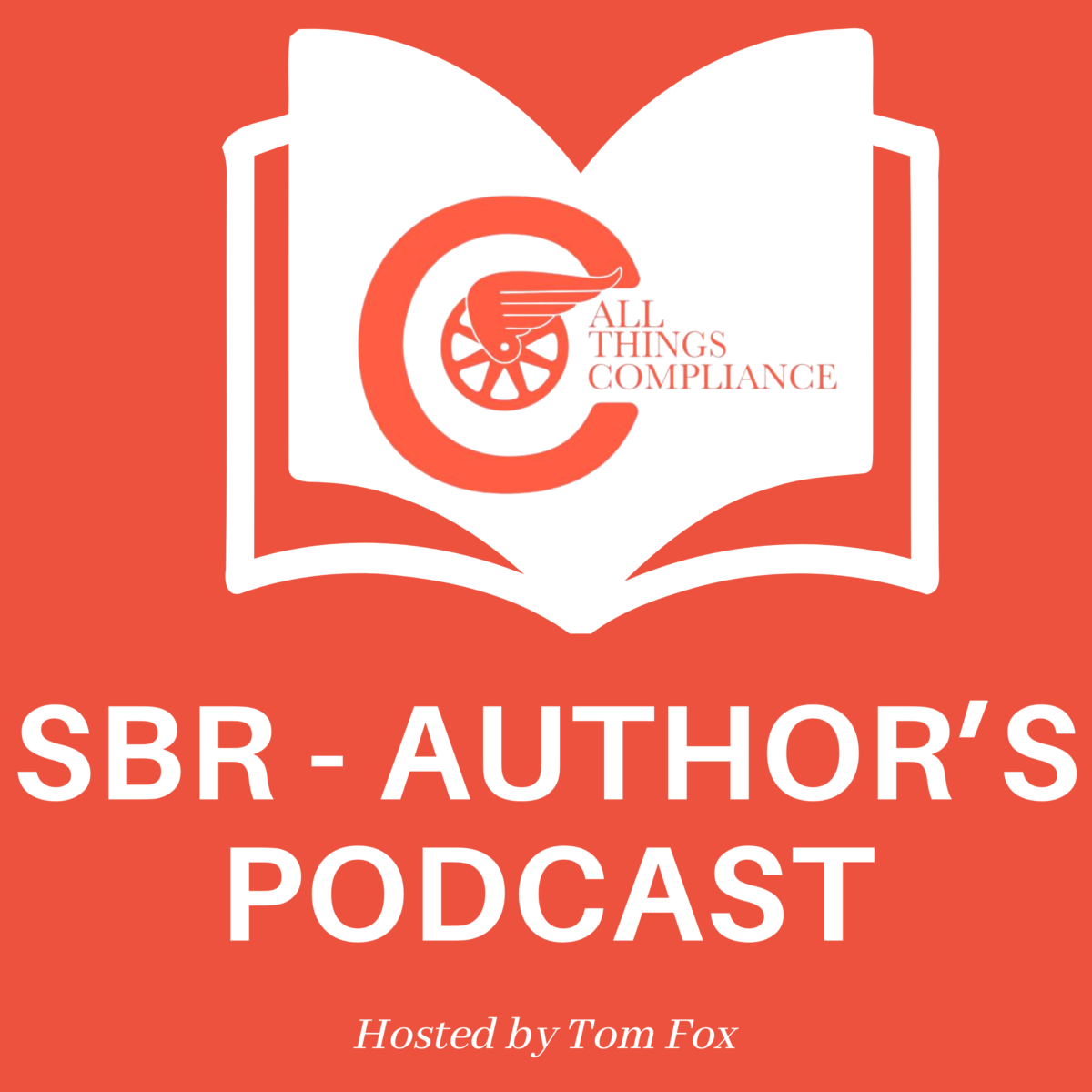The Financial Times (FT) and Schroders Business Book of the Year Award is the most prestigious accolade in business publishing, recognizing exceptional insight, research, and storytelling in books addressing current business, economic, and financial issues. The FT Business Book of the Year Award highlights books that significantly impact the understanding of global business issues, often bringing complex topics like economic theory, corporate culture, innovation, and ethics to a wider audience. It serves as a quality benchmark in business publishing, with many past winners going on to influence policy, business practices, and public discourse.
The Financial Times’ reputation ensures that nominated books are taken seriously by readers, reviewers, and business leaders worldwide. The FT Business Book of the Year Award draws attention to emerging trends and thought leadership in business, with topics often reflecting current global challenges. For example, recent winners have focused on climate change, economic inequality, corporate responsibility, and technology’s impact on society. Ultimately, the FT Business Book of the Year Award plays a significant role in shaping the business conversation by identifying the most relevant and impactful works that capture the challenges and dynamics of modern commerce. To make the Long List of nominees, a book was among 16 selected out of over 600 entries.
If you are in the compliance field, you are probably lucky enough to know one of this year’s Long List nominees–Alison Taylor, whose book, Higher Ground-How Business Can do the Right Thing in a Turbulent World, has provided a fresh dialogue on the evolving role of business ethics in corporate governance. Alison once gave me the moniker The Rock and Roll Compliance Blogger. But even more importantly, Alison has long contributed to and, in many ways, led the ongoing dialogue in the corporate compliance community on compliance and ethics and sustainability and ESG on the other. Her central thesis questions why these two fields, both concerned with promoting responsible corporate behavior, remain siloed and isolated. Higher Ground bridges this gap, providing corporate leaders a roadmap for fostering a more integrated approach to ethical business practices.
Taylor opens *Higher Ground* with a case study on Starbucks—a company widely regarded as a leader in corporate responsibility. Known for benefits like health insurance for part-time employees, Starbucks has long been a model of progressive labor practices. But recently, the coffee giant has faced substantial backlash over labor rights issues as employees pushed for unionization, highlighting a disconnect between corporate policies and ground-level employee sentiment.
This disconnect between corporate identity and stakeholder perception illustrates a significant point for Starbucks: being a “good” business isn’t a shield against reputational risks. Despite its robust ESG credentials, Starbucks has been mired in controversy, underscoring that even the most well-intentioned corporations may face criticism if stakeholders perceive a misalignment between professed values and on-the-ground realities. Taylor’s analysis reminds compliance professionals that reputation and stakeholder trust can be fragile and influenced by factors beyond traditional ESG metrics.
Overcoming the Trap of Overpromising in Corporate Purpose
Taylor’s argument extends to the challenge of corporate overpromising, a pitfall many organizations find themselves in when attempting to cater to the demands of diverse stakeholders. As she points out, recent trends have created a polarized landscape where companies are criticized from both sides—either for being too focused on social responsibility (often labeled as “woke” by critics) or for not doing enough. Navigating this space requires corporate leaders to communicate clearly and make decisions based on what is realistically achievable.
In Higher Ground, Taylor encourages leaders to avoid becoming trapped by unsustainable promises. Instead, she advocates for identifying one to three critical issues that align with the company’s long-term strategic goals. Prioritizing these issues allows organizations to make meaningful progress while maintaining their efforts across many fronts. For compliance professionals, this approach emphasizes the need to set realistic, measurable goals in alignment with an organization’s core values.
Moving from Rules-Based to Principles-Based Compliance
One of the most resonant themes in Higher Ground for compliance officers is Taylor’s call to shift from a rules-based to a principles-based approach to compliance. While rules and regulations are fundamental to compliance programs, they can fall short when organizations face nuanced ethical dilemmas. Principles-based compliance, which emphasizes ethical judgment and a strong moral compass, allows organizations to respond more effectively to complex situations that cannot be anticipated by rules alone.
Taylor argues that fostering an ethical culture requires more than drafting policies and procedures. It involves setting up systems where employees feel empowered to speak up and exercise sound judgment. Compliance leaders should aim to cultivate an environment where employees are encouraged to use their ethical instincts and are rewarded.
Addressing the Generational Shift in Corporate Expectations
As Taylor observes, today’s workforce spans five generations, each with its values, priorities, and expectations from corporate leadership. Millennials and GenZers highly value authenticity, transparency, and social impact. They are also more inclined to speak up on climate change and diversity, often pushing their employers to take public stances.
This shift presents both challenges and opportunities for compliance leaders. Younger generations’ desire for accountability and transparency aligns well with the goals of modern compliance programs, which are increasingly centered around creating ethical, transparent workplaces. However, the push for corporate responsibility requires careful management to ensure that public commitments align with internal practices. Taylor emphasizes the need for open communication, a willingness to address employee concerns, and a commitment to genuine stakeholder engagement.
Balancing Impact and Purpose
Taylor posits that a meaningful corporate purpose is inseparable from measurable impact. While “purpose” has become a popular corporate buzzword, she cautions that it remains little more than marketing rhetoric without concrete actions and results. For companies to build true stakeholder trust, they must put impact at the core of their purpose, recognizing both their operations’ positive and negative effects on society.
This perspective offers valuable guidance for compliance leaders. Compliance programs must go beyond box-ticking exercises and contribute meaningfully to the organization’s ethical culture. By making decisions based on their actual impact on employees, customers, and the broader community, compliance teams can help build a more resilient and trustworthy corporate reputation.
Practical Steps for Building an Ethical, Responsible Organization
Higher Ground provides practical insights for organizations seeking to improve their ethical culture and align with evolving stakeholder expectations. Some actionable steps for compliance professionals include:
- Set Priorities. Instead of meeting every stakeholder’s demand, focus on one to three key issues where the organization can make a meaningful impact.
- Encourage Open Dialogue. Foster a culture of transparency where employees feel comfortable voicing ethical concerns, even when these concerns challenge leadership decisions.
- Embrace a Principles-Based Approach. Shift the focus from strict rule adherence to fostering ethical judgment and principled decision-making across the organization.
- Align Corporate Promises with Impact. Ensure public commitments are backed by actionable, measurable goals reflecting the organization’s values and capabilities.
- Engage Multiple Generations. Recognize each generation’s unique values in the workforce and create an inclusive environment that respects diverse perspectives on social and environmental issues.
In Higher Ground, Alison Taylor offers a comprehensive exploration of how businesses can bridge the gap between ethics and sustainability, building trust and integrity. By examining the role of corporations through the lens of stakeholder expectations, she challenges leaders to redefine success beyond shareholder value. Her call for a more nuanced approach to business ethics resonates strongly in today’s rapidly evolving regulatory and social landscape.
For compliance professionals, Taylor’s work is a timely reminder of the importance of staying connected to the broader organizational mission and ensuring that ethics programs are integrated into every facet of the business. Whether setting clear priorities, encouraging open dialogue, or embracing principles-based compliance, Higher Ground provides a roadmap for leaders committed to building ethical organizations in the 21st century.
If you want to explore these themes in more depth, please check out Higher Ground and join the thoughtful conversation that Taylor has started. Given the advent of the second Trump Administration, these discussions have taken on a new urgency.





